High in the Jebel Marra mountains of western Sudan lies a rare sanctuary of peace and abundance a place that seems untouched by the devastating civil war tearing the rest of the country apart. Here, women wrapped in vivid fabrics ride donkeys through misty valleys, children clinging to their sides, heading to fields that overflow with oranges, apples, peanuts, and strawberries.
The Mediterranean-like climate and fertile soil have turned Jebel Marra into a lush oasis, even as Sudan faces one of the world’s worst hunger crises. Across the country, over 25 million people nearly half of Sudan’s population, are suffering from severe food shortages, and more than 600,000 are living in famine conditions, according to UN estimates. Yet, in this isolated highland, crops still grow in abundance.
But for the farmers of Jebel Marra, the problem is not producing food it is getting it out.
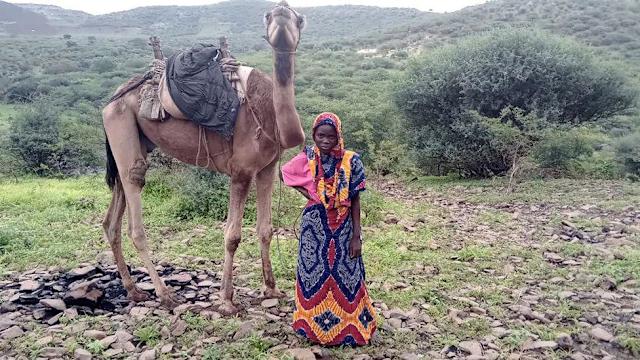
“We almost sell them for free and sometimes throw them away because they rot on the road,” says orange vendor Hafiz Ali from Golo, the main town in the region. Impassable roads and constant insecurity have made transporting fruit and vegetables nearly impossible.
Jebel Marra is the last stronghold of the Sudan Liberation Army – Abdulwahid (SLA-AW), an armed group that has stayed neutral in the current war and has controlled the mountainous region for over two decades. Once called the “liberated areas,” these territories are now surrounded on all sides by warring forces — the Rapid Support Forces (RSF) to the west, north, and east, and the Sudanese army to the south.
With the RSF blocking major roads and aerial bombardments cutting off southern routes, Jebel Marra’s farmers and traders are trapped in a closed world. Reaching the main cities of el-Fasher or Tine is no longer possible, leaving tons of produce to spoil in storage or along mountain roads.
In Tawila, a town on the edge of SLA-AW territory, a makeshift market has sprung up. The area has become a refuge for thousands fleeing from el-Fasher, now under siege. But the flood of produce and lack of buyers have driven prices down. “It takes a whole day to drive just 12 kilometers in these mountains,” says Yousif, a fruit vendor. “Now with the insecurity, it’s even worse.”
Still, small glimmers of hope remain. A fragile truce between the Fur ethnic community and Arab nomads has reopened limited trade in some areas. In Nertiti, farmers bring their fruits and vegetables to market, while Arab women sell sour milk. Yet, fear lingers — the market opens just once a week, and armed robberies are still common on the roads.
Each Thursday, in RSF-controlled Zalingei, market day brings crowds — and danger. Dozens of checkpoints manned by fighters and militia demand payments from drivers. Passengers sit silently as negotiations take place, knowing one wrong word could be fatal.
Back in the mountains, SLA-AW fighters control access to their territories, inspecting travelers and seizing goods they consider contraband. Even something as ordinary as a skin-bleaching cream can be confiscated.
Inside this rugged sanctuary, signs of war are never far away. Trucks arrive daily from el-Fasher, packed with families fleeing the violence. Many now live in schools, clinics, and empty buildings, surviving with little food or medicine. One woman, a nurse who escaped the fighting, said, “We have no work, no income, and no land. We depend on the little that’s left here.”
Around her, children cried from hunger as elderly refugees lay weak on the ground. Yet, amid the desperation, the scent of ripe oranges still fills the air a reminder of the region’s resilience.
Jebel Marra remains a paradox: a world of green mountains and cascading waterfalls, where fruit trees thrive beside shattered lives. A hidden haven of life surrounded by destruction, Sudan’s last oasis of calm in a sea of war.


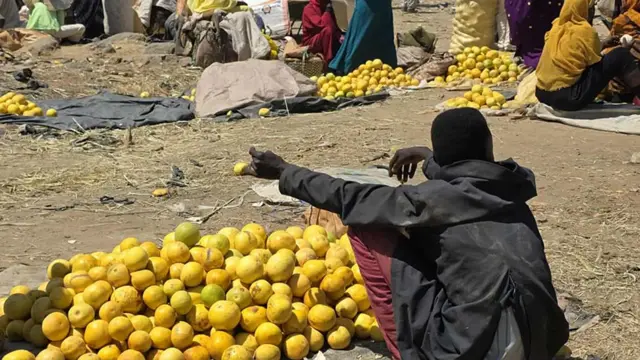
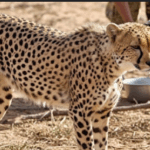
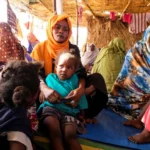
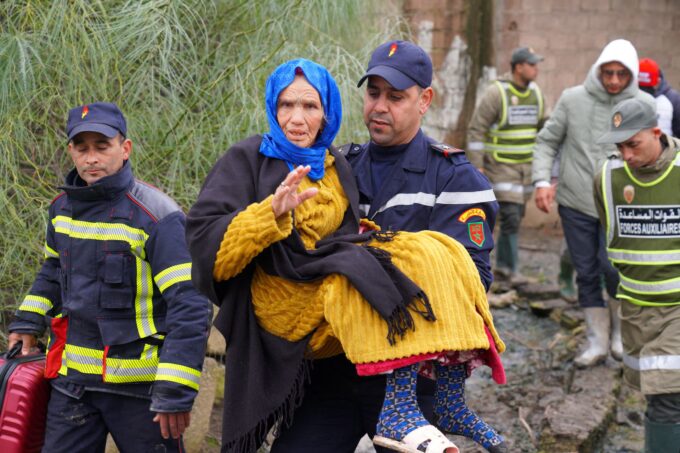

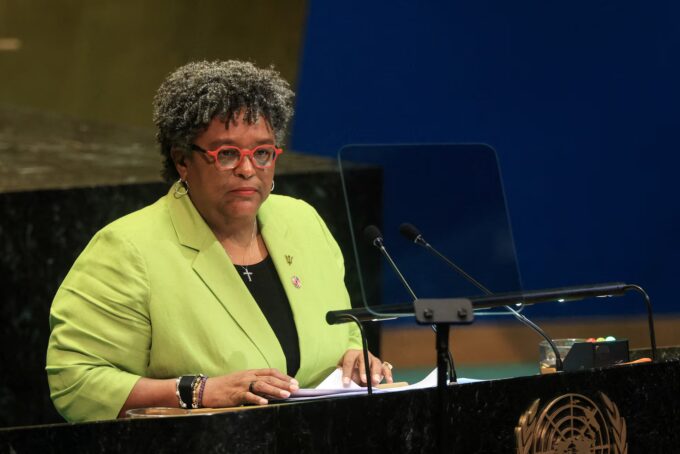

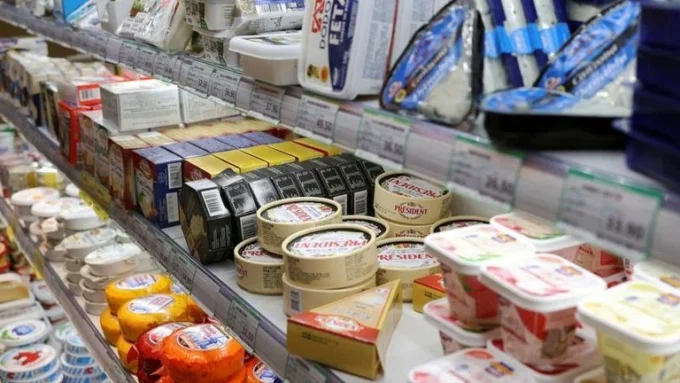


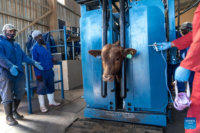

Leave a comment